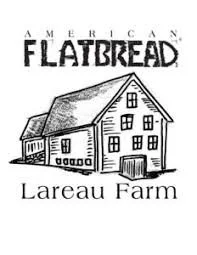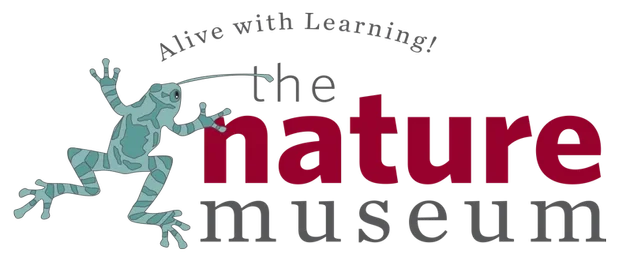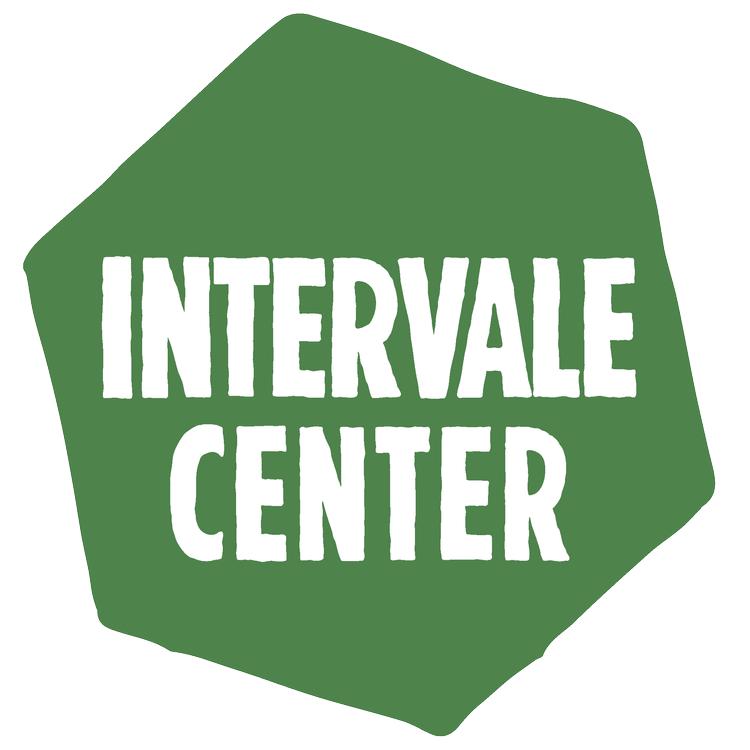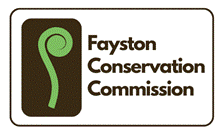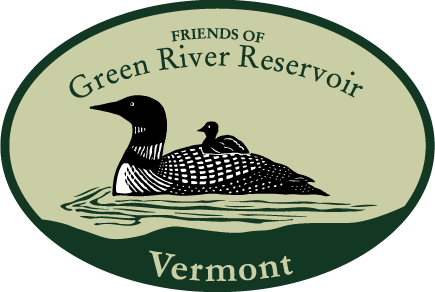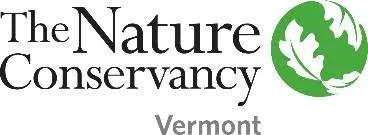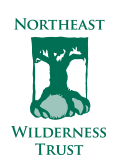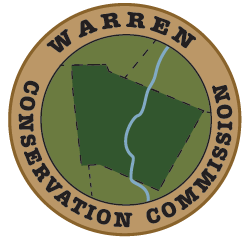Members
Prospective members should send a letter of interest addressed to the Steering Committee to VermontBiodiversityAlliance@gmail.com stating their current work and interest in biodiversity conservation. New members will be considered by the Steering Committee during quarterly meetings.
Steering Committee
-

Ashley Robinson
Ashley Robinson focuses on native plants and their relationships to ecology. With a degree in Urban Studies and training at the Landscape Institute in Cambridge MA, she works closely with contractors, nursery professionals, growers and stone craftspeople to manage projects from residential design to volunteer community outreach projects. She is a member of Vermont Nursery & Landscape Association and Ecological Landscape Alliance. Born in Toronto, she grew up adventuring in the outdoors, including summers at her family cottage on Lake Muskoka in Ontario. With its unique geology and topography, she continues to learn and draw inspiration from Vermont’s natural communities, and works to ensure a future where their enjoyment is possible for everyone. She resides in Vergennes, Vermont.
email: arobinsonld@gmail.com
-
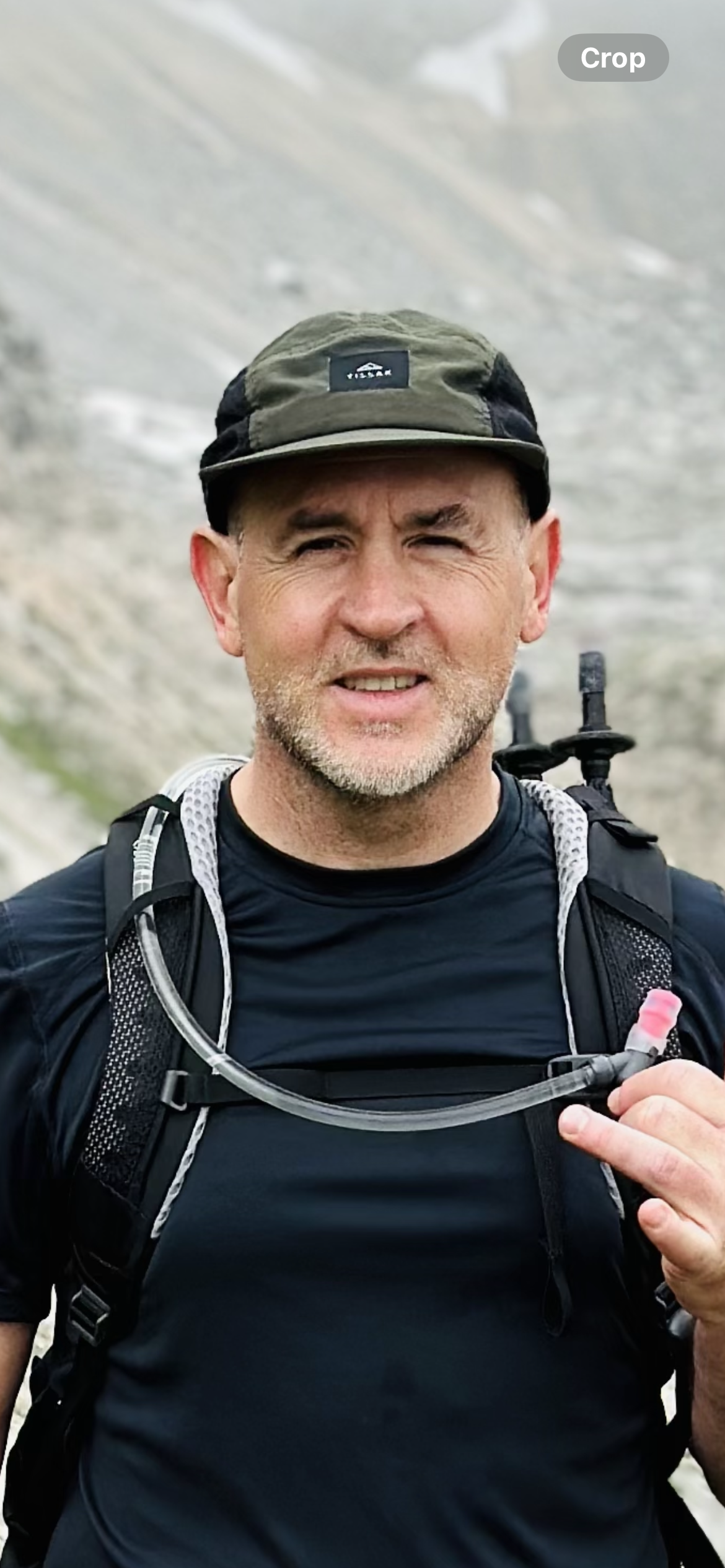
Billy Coster
Billy Coster serves as Director of Planning and Policy at the Vermont Agency of Natural Resources, overseeing land use, energy, and climate initiatives. He co-chairs the Vermont Climate Council’s Agriculture and Ecosystems Subcommittee, represents ANR on the Vermont Housing and Conservation Board (VHCB), and is part of the core team implementing Act 59, Vermont’s 30x30 conservation law. A Middlebury College graduate, he lives in Morristown, Vermont.
email: Billy.Coster@vermont.gov
-

Curt Lindberg
Curt Lindberg, a resident of Waitsfield, VT, helped found the Vermont Alliance for Half-Earth and the Vermont Biodiversity Alliance. He chairs the Waitsfield Conservation Commission and helps coordinate a comprehensive watershed-based invasive species and habitat restoration initiative in the Mad River Valley. He co-edited with Eric Hagen the book "Our Better Nature: Hopeful Excursions in Saving Biodiversity." He and his wife are working to create a new wildlife corridor on their land, planting hundreds of native trees and shrubs in collaboration with Friends of the Mad River. Lindberg has devoted his professional career to helping organizations use complexity science concepts to improve the quality of healthcare. He holds a masters degree in healthcare administration and a doctorate in complexity science and social change, which he earned at University of Hertfordshire, United Kingdom.
-

Al Freeman
Al Freeman is the Climate Forester for the Department of Forests, Parks, and Recreation serving as a resource on climate adaptation and carbon science for both private and state lands. She is also a PhD Candidate at the University of Vermont where her research focuses on tree physiological response to climate adaptive forest management to better understand how different management strategies affect tree response and recovery to stressors. She earned her master’s degree in plant biology from Oklahoma State University and a BS in biology from the University of Kansas. She has worked as a University Extension Program Specialist at New Mexico State University and as a field technician in Montana, and Oklahoma.
email: Alissa.Freeman@vermont.gov
-

Jillian Liner
Jillian Liner is the Director of Conservation at Audubon Vermont, where she feels fortunate to work alongside an incredible team improving the health and resilience of Vermont’s forests, wetlands, and grasslands for birds, biodiversity, and people. She recently served as Interim Executive Director and Vice President, guiding the organization through a leadership transition while maintaining strong conservation momentum. Before joining the Vermont office in 2022, Jillian spent two decades with Audubon New York and earlier years crisscrossing the U.S.- and even Kenya- on field biology adventures. She holds an M.S. in Ecological Planning from the University of Vermont and a B.A. in Biology from Skidmore College
email: Jillian.Liner@audubon.org
-

Naomi Heindel
Naomi Heindel became North Branch Nature Center's second-ever Executive Director in 2022. She joined the nature center after many years in environmental education, including at Teton Science Schools and NatureBridge Yosemite. Naomi grew up in Vermont, earned her Bachelor's Degree from Dartmouth College, and her Master's Degree from Yale School of the Environment. She has lived, worked, and taught in Yosemite and Grand Teton National Parks and has led wilderness trips throughout northern New England and northeastern Canada. These experiences led to her love of the natural world, the wilder and more diverse the better for us all.
-

Susan Hindinger
Susan Hindinger is the Executive Director of Vermont Center for Ecostudies, where she leads a team of conservation biologists who work with community scientists to monitor and conserve wildlife, including birds, bees, butterflies, amphibians, loons, and more. She earned a B.S. in geology from Duke University and an M.S. from the Field Naturalist Program at the University of Vermont. Before joining the VCE staff, she served four years as Executive Director at Riverledge Foundation. She joined VCE in 2014 as Associate Director, where she helped to nurture VCE’s growth and co-led the establishment of its first strategic fundraising campaign. She became Executive Director in 2022. Susan lives in Weathersfield, Vermont.
email: shindinger@vtecostudies.org
-

Tom Rogers
Tom Rogers is a wildlife biologist and the Executive Director of Stowe Land Trust, where he leads efforts to protect the Shutesville Hill Wildlife Corridor, the last remaining link between the Worcester Range and Mount Mansfield and a critical pathway for species like black bear, bobcat, and moose. Beyond Shutesville, he and his team are conserving forests, fields, and waterways across the valley, safeguarding biodiversity and strengthening the resilience of Vermont’s natural landscapes. He has spent his career connecting people with nature through science, storytelling, and community-based conservation—from studying grizzly bears in Yellowstone and leading outdoor expeditions in more than 30 countries to protecting habitat in Vermont with The Nature Conservancy and the Vermont Fish & Wildlife Department.
email: tom@stowelandtrust.org
-

Trey Martin
Trey Martin is Director of Conservation and Rural Community Development at the Vermont Housing and Conservation Board. He has served as an educator, advocate and attorney on behalf of Vermont’s communities and natural environment since graduating from Vermont Law School in 2008.
email: t.martin@vhcb.org
-

Walter Poleman
Walter Poleman is the director of the Field Naturalist Graduate Program at the University of Vermont, and is a faculty member in the Rubenstein School of Environment and Natural Resources where he teaches Natural History and Human Ecology to first-year students. He also teaches ecology to lawyers-in-training each summer at Vermont Law & Graduate School. Walter is the founding director of the PLACE (Place-based Landscape Analysis & Community Engagement) Program, and is co-coordinator of both the Greater Burlington Sustainability Education Network (GBSEN) and the Ecological Planning Laboratory (EPL). Walter is passionate about the vital role that Field Naturalists play in the world of conservation leadership, and is deeply committed to fostering biodiversity protection at the watershed scale.
email: Walter.Poleman@uvm.edu
-

Mandy Van Dellen
Mandy Van Dellen is the Director of the Vermont Biodiversity Alliance, as well as a wildlife biologist and educator. Originally from Connecticut, she holds a B.A. in Biology from Middlebury College and earned her Ph.D. in Ecology, Evolution, and Conservation Biology from the University of Nevada, Reno. Mandy brings a passion for collaborative conservation and a strong background in field research and teaching to her work. At the VBA, she is focused on strengthening human connections across Vermont to advance meaningful biodiversity conservation.
-

Drew Watson
Drew Watson is the Policy Manager at The Nature Conservancy in Vermont. He is passionate about biodiversity conservation because it is imperative that we slow or stop the massive loss of biodiversity our planet is experiencing. Conserving land for biodiversity impacts everything from genetic diversity, climate resilience, ecosystem services, and more. Drew is proud to represent TNC on the Vermont Biodiversity Alliance to help lead this effort.
email: drew.watson@tnc.org

